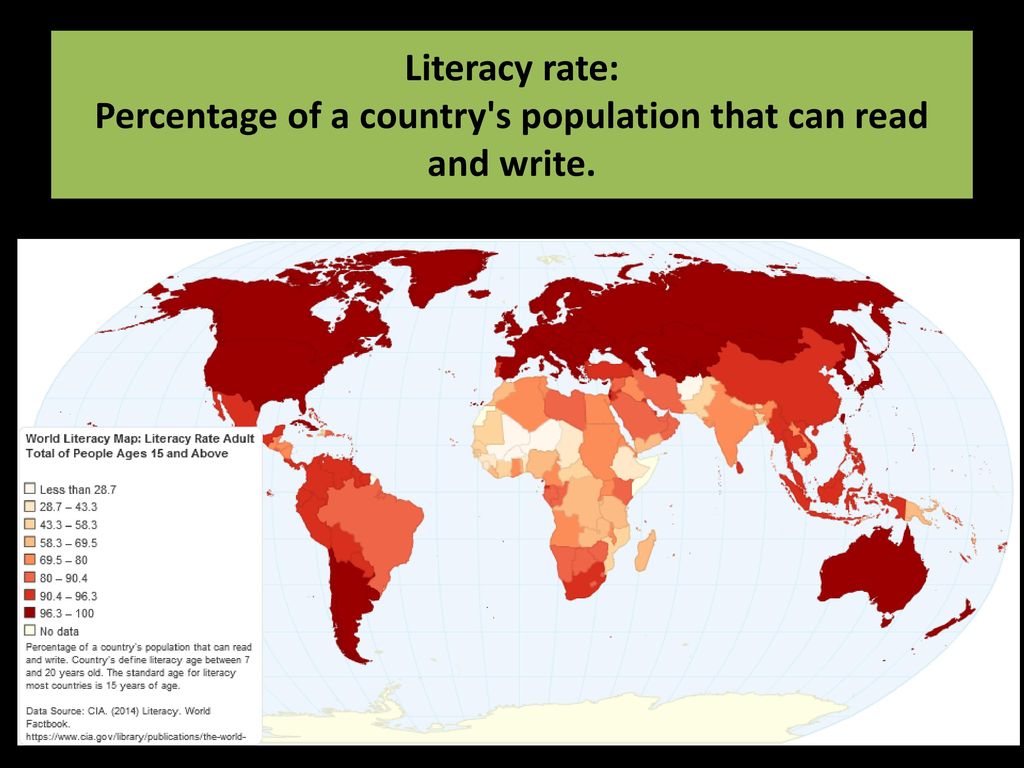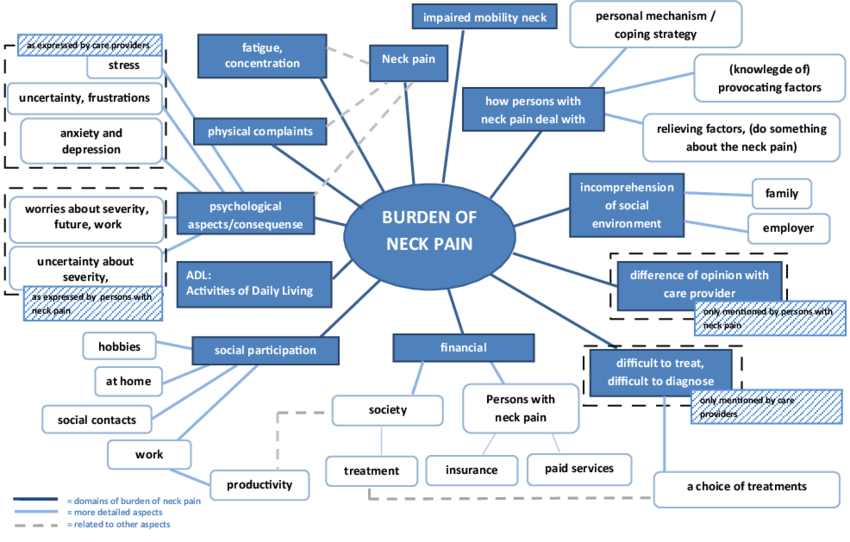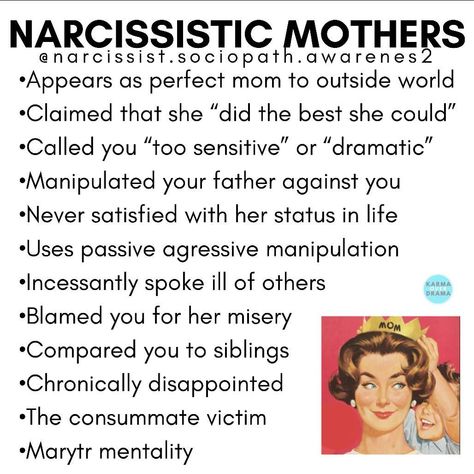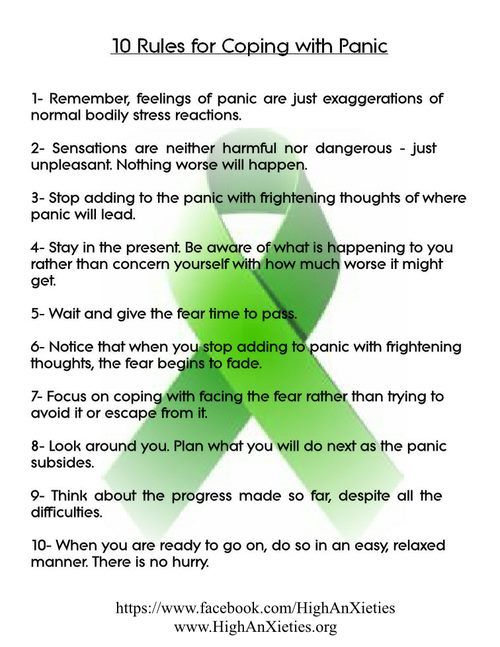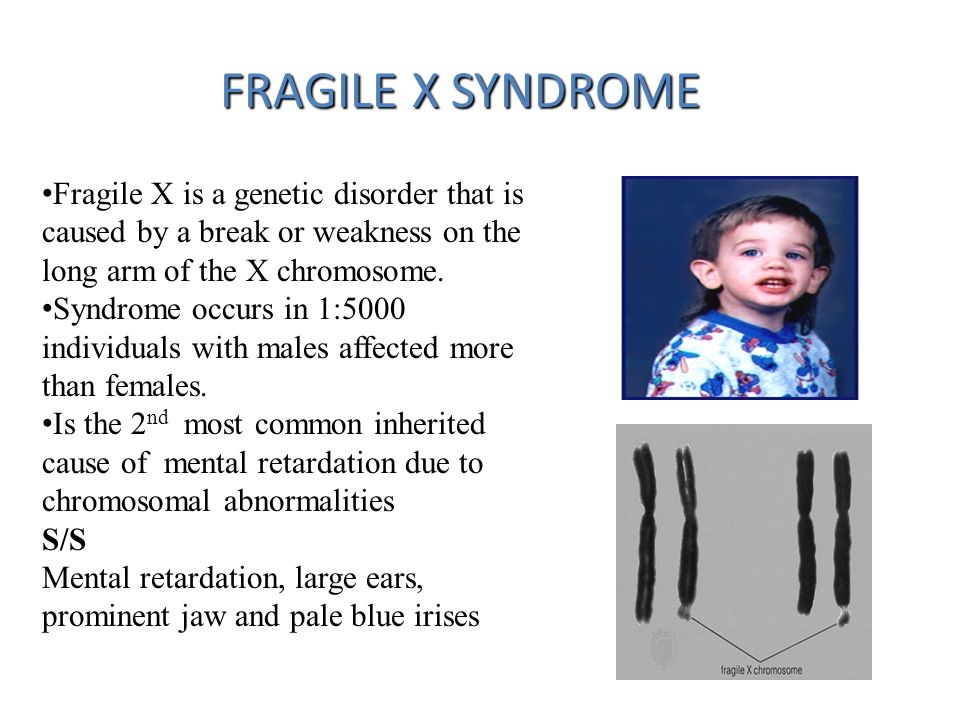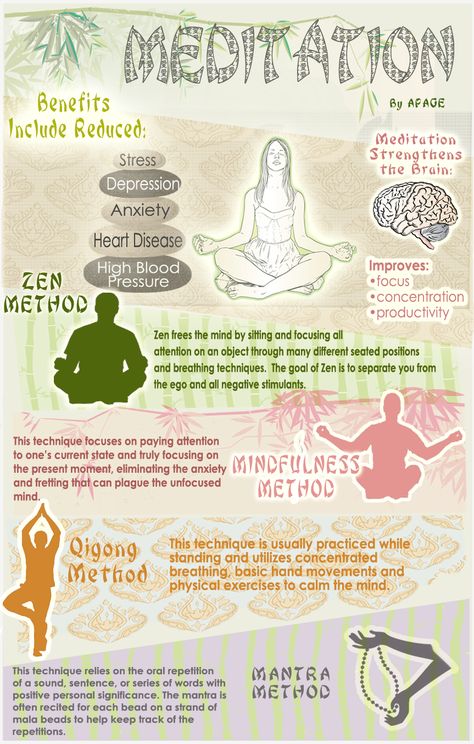Millon psychological test
Millon Inventories
Product Details
Benefits of using the Millon Inventories:
Millon Family of AssessmentsAdult Clinical & Counseling Inventories
Adolescent & Pre-Adolescent Inventories
Medical Patient Inventory
|
Training
FREE Online Introductory TrainingThis brief online training has been developed to familiarize you with the MCMI-IV. View MCMI-IV overview |
Resources
Master of the Mind: The Voice of Theodore MillonMaster of the Mind's primary focus is not on the contributions Ted Millon made to the fields of personality theory, personality disorders, and personality assessment, as far-reaching and multidimensional as those contributions have been (and continue to be). Rather, this book explores who Ted Millon was as a person, and seeks to identify why he was so driven, so absolutely committed to improving the human condition. It examines how Ted approached his work, how he solved problems, how he reasoned, how he thought. What motivated him. From whom he drew his inspiration. Why he chose the path he did. About the Author Theo Jolosky was a long-time professional colleague and personal friend of Ted Millon's. Much of Master of the Mind is anchored in the stories and memories of not only the author's relationship with Ted, but the insights offered by the more than 40 colleagues, business associates, and family members Jolosky interviewed in the writing of this book. Master of the Mind ($19.95) can be ordered at Itasca Books. |
Podcast SeriesInto the Mind: Conversations with Dr. Theodore Millon. This series of audio broadcasts, presented by author Dr. Theodore Millon, provides detailed information on the history and origin of his Evolutionary Theory of Personality, the connection between theory and assessment, and the development of the Millon Inventories and the new MCMI-IV. |
Online Recordings and Resources | |
Millon Inventories FlyerView the pdf About the AuthorAuthor bio for Theodore Millon, PhD, DSc Read the bio 2015 Hertz PresentationHonoring Dr. Theodore Millon at the Annual Convention for the Society for Personality Assessment on March 6, 2015 in Brooklyn, NY. Watch the video | Theodore Millon – Grandfather of Personality TheoryAn interview with Dr. Millon on All in the Mind from Radio National, October 29, 2005. Play the interview or view the transcript. Pre-teen Problems Need Greater AttentionDr. Millon interview in July/August 2005 issue of The National Psychologist, published with their permission. View the pdf |
Journal of Personality Assessment's Special SectionTheodore Millon's Legacy for Personality Theory and Assessment is a collection of seven articles that you may access at tandfonline. |
Theodore Millon's Contributions to Conceptualizing Personality DisorderAaron L. Pincus and Robert F. Krueger. View the abstract Evolution of the Millon Clinical Multiaxial InventoryJames P. Choca and Seth D. Grossman. View the abstract Effects of Theodore Millon's Teaching, Mentorship, Theory, and Scientific Contributions on Health Psychology and Behavioral Medicine Research and PracticeMichael H. Antoni. View the abstract Millon's Contributions to Preadolescent and Adolescent Personality Assessment: Searching Onward and UpwardRobert Tringone and Neil Bockian. View the abstract | International Adaptations of the Millon Clinical Multiaxial Inventory: Construct Validity and Clinical ApplicationsGina Rossi and Jan Derksen. View the abstract Millon's Contributions to the International Society for the Study of Personality Disorders (ISSPD)Erik Simonsent and Mickey Kongerslev. View the abstract The Business of TestingTheo Jolosky and Carol Watson. View the abstract |
Scoring & Reporting
Sample ReportsMCMI-IV
MCMI-III
MBMD
MACI
M-PACI
MIPSRevised
MAPI
MCCI
|
Millon Clinical Multiaxial Inventory-IV | Psych Central
The MCMI-IV provides mental health clinicians with various information for diagnosing and treating personality disorders.
You may undergo psychological testing if you’re seeking a mental health diagnosis. Psychological testing may consist of various assessments.
One assessment you might take is the MCMI-IV, which is administered and scored by mental health professionals. This self-report measure helps determine if personality challenges are present and helps clinicians diagnose and treat personality disorders.
A mental health professional, such as a psychiatrist, psychologist, or licensed professional counselor, may also request that you obtain psychological testing if they have concerns about your personality and think you may benefit from an official diagnosis.
The Millon Clinical Multiaxial Inventory (MCMI) is a self-report assessment tool used to help diagnose and treat personality disorders. The MCMI-IV stands for the Millon Clinical Multiaxial Inventory, Fourth Edition.
The name Millon comes from psychologist Theodore Millon’s theory of personality. According to research from 2015 summarizing Millon’s theory, he viewed personality based on evolutionary adaptations.
When individuals have a personality disorder, he viewed this as difficulty with adaptation that ranges on a spectrum from typical to disordered.
Millon’s personality theory is closely related to the symptoms of personality disorders present in the Diagnostic and Statistical Manual of Mental Disorders, 5th edition, text revision (DSM-5-TR) — which is utilized to help clinicians diagnose, classify, and identify mental health conditions.
The MCMI-IV measures several patterns associated with personality disorders and psychopathology. The scale also measures other mental health disorders. According to the MCMI-IV brochure, the inventory measures three levels of personality functioning:
- Typical functioning: patterns of adaptive personality features
- Abnormal types/traits: moderately maladaptive features or traits
- Disordered: more significant likelihood of personality dysfunction
The MCMI-IV is aligned with the DSM-5-TR and ICD-10 codes for personality disorders.
2021 research on the use of the MCMI-IV and the Millon Adolescent Clinical Inventory-II (MACI-II) in legal settings indicates that the test measures 15 different personality types that exist on a spectrum from adaptive to maladaptive.
The MACI-II is a similar assessment tool used to measure mental health and behavioral concerns in adolescents. It contains 11 of the 15 different personality types described in the MCMI-IV.
The Millon Personality Group states that the test consists of 25 total scales broken down as follows:
15 clinical personality scales:
- avoidant
- schizoid
- melancholic
- turbulent
- histrionic
- dependent
- antisocial
- narcissistic
- compulsive
- sadistic
- masochistic
- negativistic
Three of which are severe personality pathology scales:
- paranoid
- borderline
- schizotypal
Seven clinical syndrome scales:
- anxiety
- bipolar spectrum
- persistent depression
- alcohol dependence
- drug dependence
- somatoform
- post-traumatic stress disorder (PTSD)
Three severe clinical syndrome scales:
- delusional disorder
- major depression
- schizophrenic spectrum
The authors of the inventory note that the scales are parallel to the personality disorders listed in the DSM-5-TR.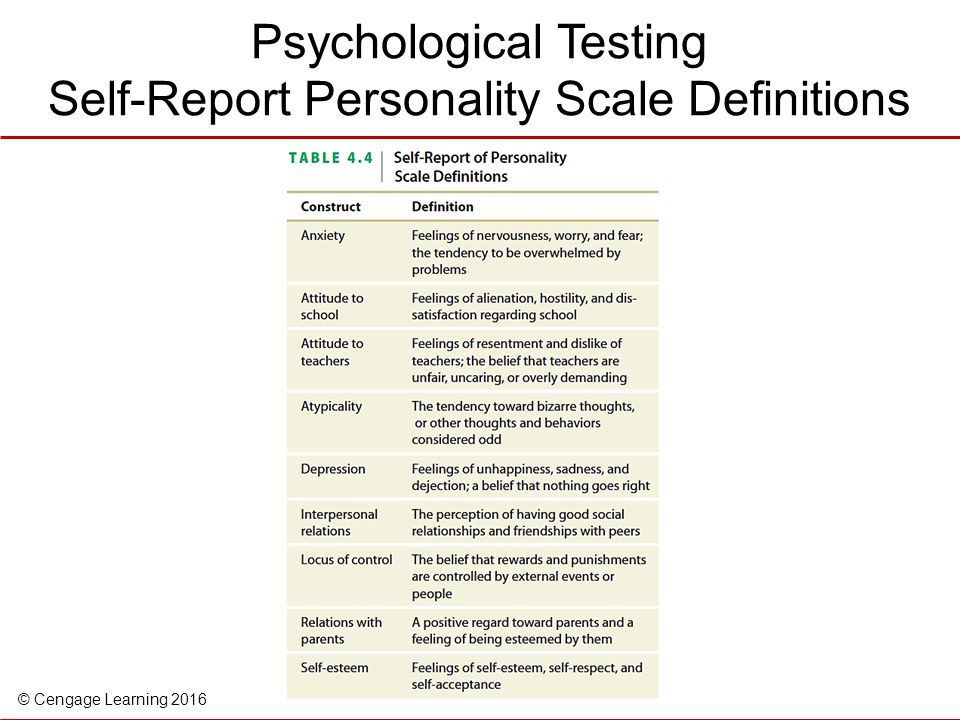
The MCMI-IV is a 195-item test of true or false questions. If you’re taking the MCMI-IV, it should take you about 25-30 minutes to complete it. It’s a self-report test.
The MCMI-IV can be administered online or with paper and pen. The online version is scored online and gives explanations of each of the personality domains.
The paper and pen versions can be mailed for scoring purposes. If you’re taking this assessment, chances are you will review your inventory results with a licensed mental health professional.
As with any assessment, there are benefits and limitations to the inventory. Research from 2017 on the inventory highlights some of its strengths and weaknesses.
The first benefit of this assessment is that it isn’t time-consuming compared to other personality assessments, such as the Minnesota Multiphasic Personality Inventory (MMPI).
For example, the MCMI-IV takes less than a half hour, while the MMPI usually takes between 60 and 90 minutes.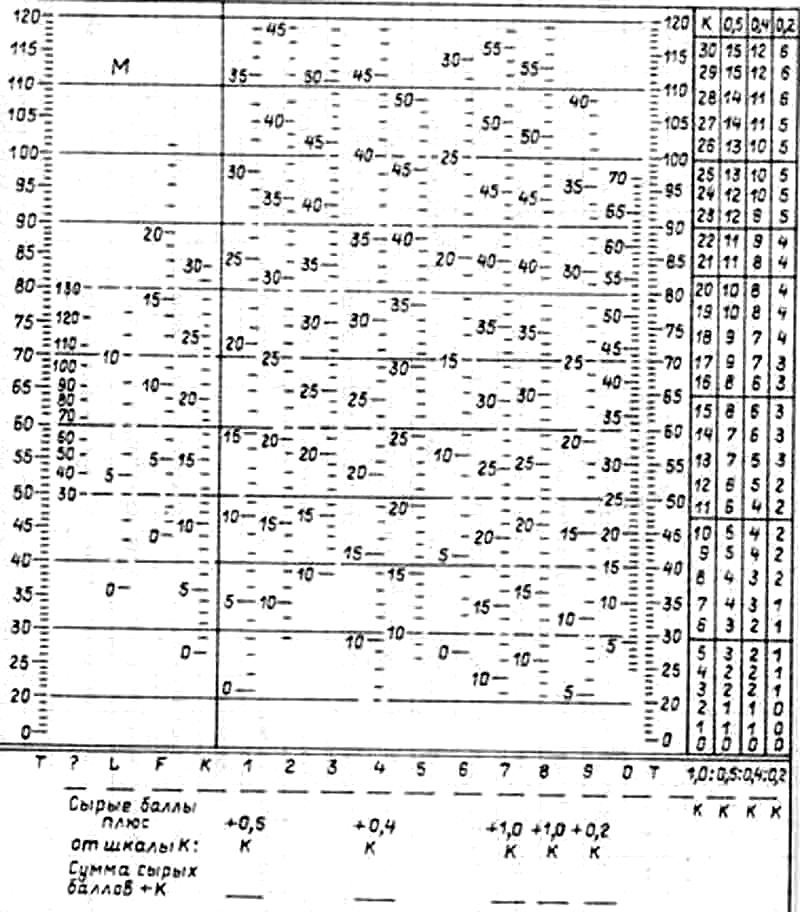
Another benefit of this assessment is its alignment with the DSM-5-TR. The alignment of personality scales in the evaluation with the DSM-5-TR can help clinicians better evaluate and treat personality disorders.
2022 research that evaluated the MCMI-IV for use in forensic evaluations highlighted the strength of the theory behind Millon’s work and contributions to the field of personality research.
The authors in this study noted that the inventory does have the significant limitation of having very little peer-reviewed literature available for the fourth revision.
If you have a personality disorder, you may experience pervasive patterns of maladaptive thinking, behavior, and emotions. The MCMI-IV helps measure specific aspects of your personality that correlate with personality disorders.
The MCMI-IV is an inventory designed to help assess, diagnose, and provide treatment options for individuals with personality disorders.
It also aligns with personality disorders in the DSM-5-TR, which helps clinicians improve evaluations and treatment.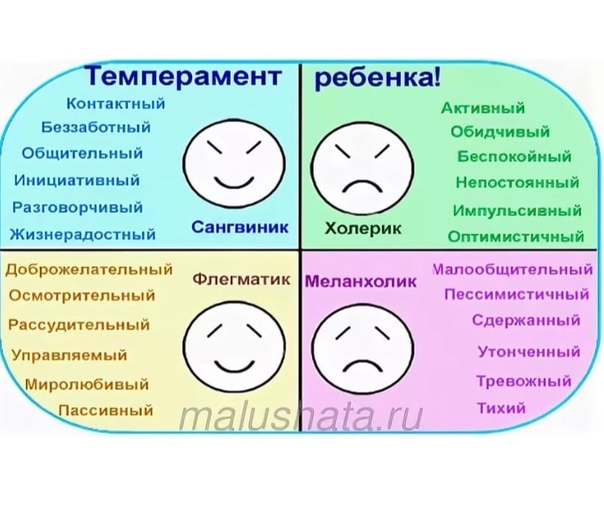
Typically administered in a clinical setting, you can take this true or false test online or with pen and paper. After taking the assessment, a licensed mental health professional will review your inventory results with you.
If you believe you would benefit from psychological testing to determine if you have a personality disorder, consider using the FindCare tool to help you find a mental health professional near you.
They can help determine treatment options that will best suit your needs.
Psychological tests, page 3 / Psi-Technology.net
This test for evaluating husbands, candidates for husbands and simply beloved men was offered by American and Canadian sexologists. You will be asked several masculine qualities, and you must mark whether there is ...
04/16/2021 3509 338
Can you make a million? Do you have entrepreneurial talent? Do not know? Then take this psychological online test, marking the appropriate answer options.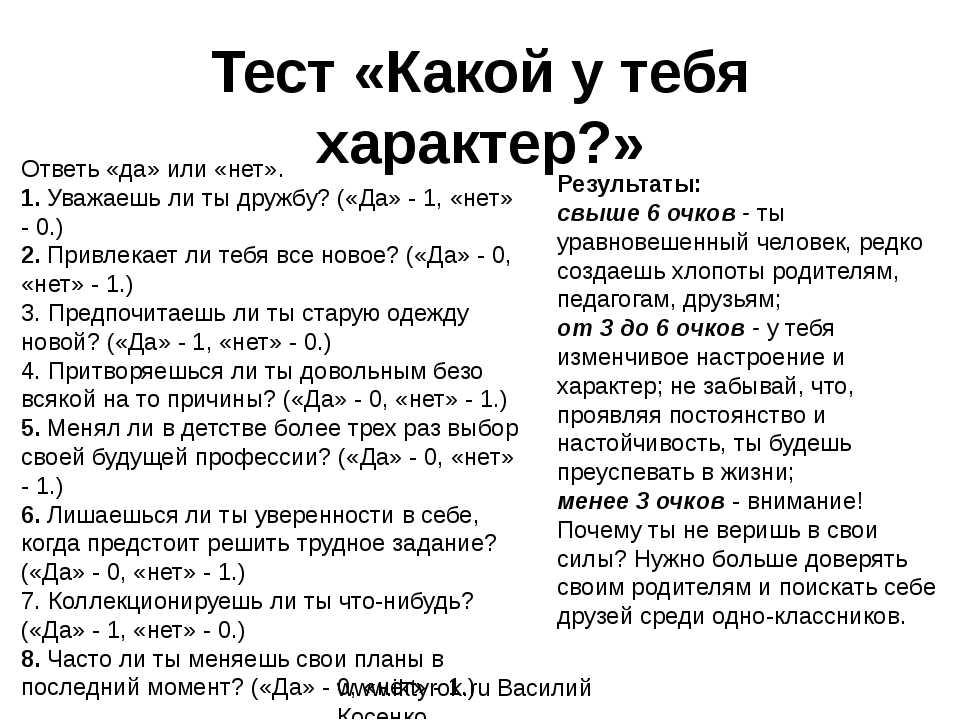 The test consists of 12 simple...
The test consists of 12 simple...
04/14/2021 3384 334
With the help of this psychological mini-test, you can approximately determine the degree of your suggestibility (hypnotizability), i.e. degree of exposure to hypnotic influences. In order to...
04/13/2021 5168 336
Psychological online activity test. Many of us, well-versed in ourselves people, are able to assess the degree of our activity and show it in accordance with our own ...
11.04.2021 1984 372
Do you like interesting psychological tests? This time we invite you to find out how easy or, conversely, how difficult it is to manipulate you. By answering "yes" or "no" to just 15 simple questions, you will find out...
03/17/2021 3657 360
The Stroop Online Test measures attention span, cognitive rigidity, and cognitive control flexibility.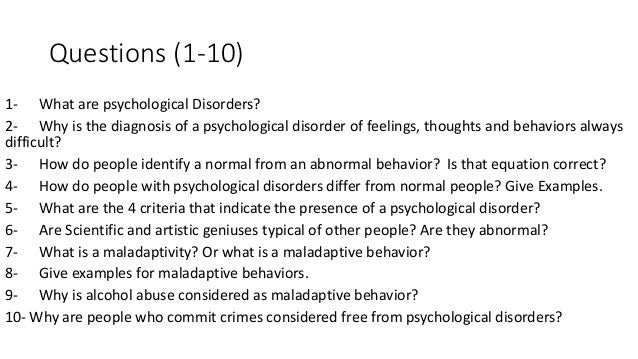 If everything is more or less clear with the concentration of attention, then the two remaining ...
If everything is more or less clear with the concentration of attention, then the two remaining ...
01/21/2021 12798 414
There are common diseases, and there are psychosomatics. The test that we propose to pass will show how prone you are to the development of psychosomatic diseases, that is, those that are caused by...
08.11.2020 20220 437
On this page you will find an interesting psychological insight test. Do you consider yourself a shrewd person who sees people through and through? Or maybe, on the contrary, you think that...
28.10.2020 4626 363
After passing this color psychological test, you will learn something new about your personality or, perhaps, confirm what you already knew. There are only nine questions on the test, so it won't take you long...
09/21/2020 11117 396
Our homeland, the customs of our family and the society in which we live often shape our character, outlook and values.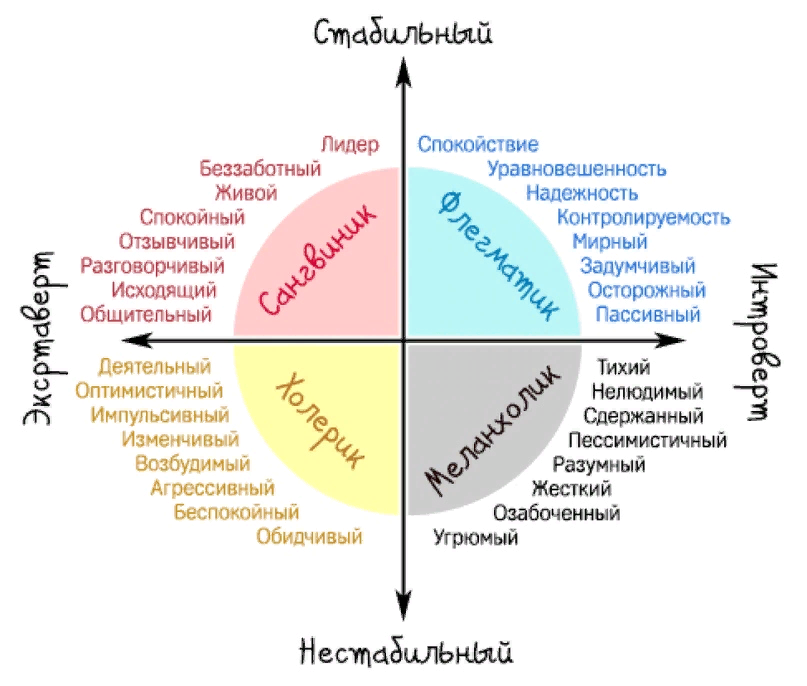 But it also happens that, having been born in one culture, a person feels a deep...
But it also happens that, having been born in one culture, a person feels a deep...
08/13/2020 9594 368
Interesting psychological tests online. They say that pets often look like their owners. There are plenty of photos on the Internet that really confirm this! But imagine...
06/24/2020 4280 373
For sure, when taking a shower, you start the process of bathing from a certain area of the body. It turns out that this habit can tell a lot about your character. Take the quiz and find out exactly what facts about your...
06/06/2020 7291 350
We all love to look into the future, take tests and learn something new about ourselves and our lives. We decided to diversify your collection of entertainment and acquaint you with this unusual prediction...
29.04.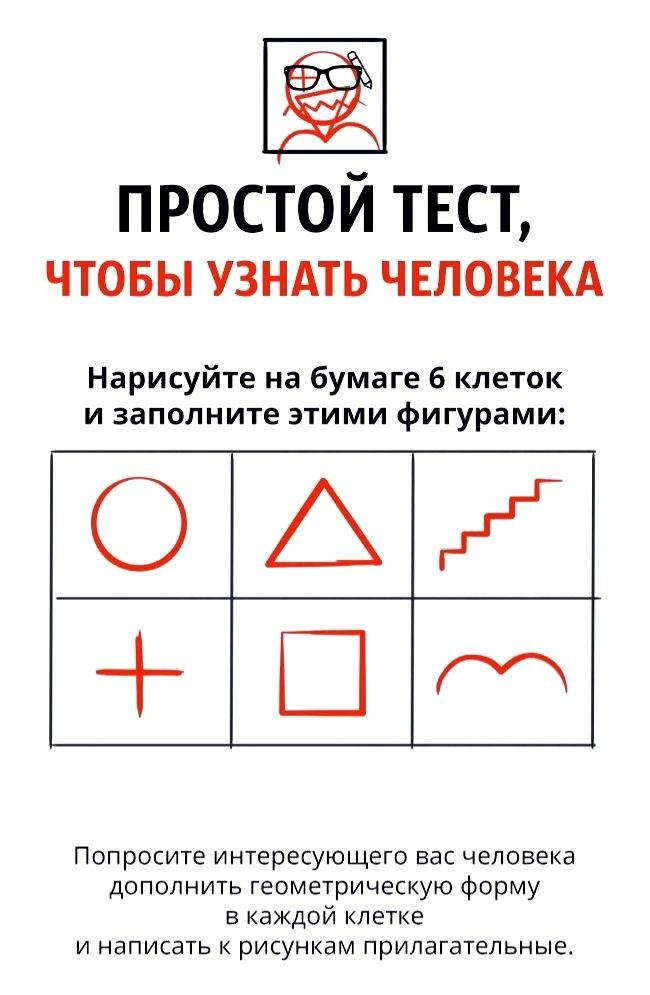 2020 13536 384
2020 13536 384
Usually, when passing tests, a person seeks to find out something about his inner world that he did not know before. There may be another situation, for example, a person wants to confirm or refute some ...
03/29/2020 18454 391
Attentiveness and the ability to quickly focus on any task are very useful qualities, especially in today's energetic world! Take a simple psychological test of 7 problems and find out...
03/14/2020 10215 366
A very unusual psychological test is waiting for you, consisting of only 9elementary questions. After passing it, you will find out with which animal you can correlate your character and type of thinking. Your thinking is like...
03/01/2020 16260 378
Who would not like to learn more about themselves, and even more so to look into the near future with one eye, in order to know what to prepare for? This test will help you to know yourself, seep into the secret corners of your.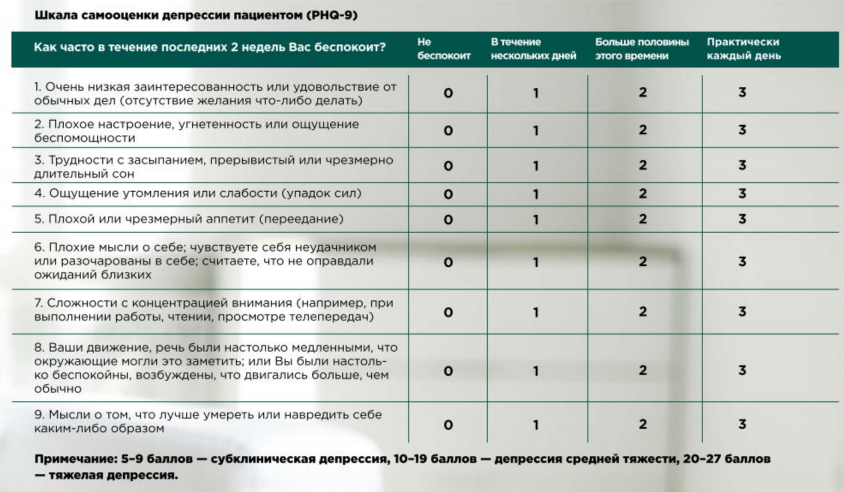 ..
..
02/12/2020 20429 399
Now you have to pass a very unusual psychological test that will show how friendly your head and heart are! There are people who live on emotions. They are practically unable to contain their...
01/21/2020 18499 413
Presence at the workplace from 9:00 to 17:00, monotonous duties and office dress code. Familiar, right? But it turns out that work does not have to be like that at all! Did you know that in China...
01/09/2020 16248 352
In what position do you sit, such is your character! It is not necessary to be an outstanding physiognomist to read people like an open book. Your face, hands, and the postures you take while standing or sitting can...
12/22/2019 26822 360
Why psychological tests are needed when applying for a job
Back to post list
Tags: Head HR Types of psychological tests How to pass a psychological test when applying for a job personnel assessment tests
November 30, 2022
Hiring a new employee is expensive and resource intensive. A candidate may have an impeccable resume, they may perform well in an interview, but this does not guarantee that you will work well. It will be possible to find out for sure only when the candidate starts work. To better understand job seekers' interests, emotional stability, relationships, and personality, some employers turn to psychological and personality tests. What is their role, and what are the appropriate questionnaires are disclosed in the article. nine0003
A candidate may have an impeccable resume, they may perform well in an interview, but this does not guarantee that you will work well. It will be possible to find out for sure only when the candidate starts work. To better understand job seekers' interests, emotional stability, relationships, and personality, some employers turn to psychological and personality tests. What is their role, and what are the appropriate questionnaires are disclosed in the article. nine0003
Table of contents
In this article:
Where psychological tests came from
According to the Harvard Business Review, personality tests are a $500 million industry with an annual growth rate of 10%-15%. And research from the Society for Industrial and Organizational Psychology found that 13% of American employers use such tests in their interview process. This is how things stand today. But how did it all start?
The origins of personality questionnaires can be traced back to the First World War. Charles Myers, a physician in the Royal Army Medical Corps, documented the case of a 23-year-old soldier who suffered from a "shell shock". Later, the state of shell shock would be referred to as post-traumatic stress disorder (PTSD). The work carried out by Myers later led to the creation of a system that was widely used by the US Army. nine0003
Charles Myers, a physician in the Royal Army Medical Corps, documented the case of a 23-year-old soldier who suffered from a "shell shock". Later, the state of shell shock would be referred to as post-traumatic stress disorder (PTSD). The work carried out by Myers later led to the creation of a system that was widely used by the US Army. nine0003
Robert Sessions Woodworth, professor at Columbia University, created a short questionnaire consisting of a series of yes or no questions. The test helped determine the character traits and psychological state of each soldier.
The widespread use of personality testing tools during the First World War caused intrigue in the world of work. It became clear that tests could reveal more information about a person. Employers have begun using them to avoid hiring job seekers with neurotic tendencies. One example was the Bernreiter Personality Inventory, which assesses characteristics such as neurotic tendencies, self-sufficiency, introversion or extraversion, and dominance or submission tendencies. nine0003
nine0003
The role and benefits of psychological tests
With the story sorted out, let's move on to the question why do we need psychological tests when applying for a job?
Psychological questionnaires are a source of important information about potential candidates. They help determine a person's suitability for a position based on key cognitive skills and personality characteristics. They also allow you to understand the potential of the candidate, his compliance with the culture and how he will manifest himself in the company. As a result, the recruiter gets a complete picture of the type of personality, values, interests and skills. This increases the chances of hiring the right candidate. nine0003
The use of psychological tests does not completely eliminate recruitment failures. But if even one mistake can be prevented, it will save the cost of hiring, wages, benefits, and firing.
Before launching a personality test, the company researches which personality type is best suited for a particular position. And the evaluation results already help to answer the questions:
And the evaluation results already help to answer the questions:
- Will the personal qualities of this candidate allow him to grow in the organization? nine0181
- Does the candidate have enough emotional intelligence to work effectively in the company?
Test results also highlight:
- General intellectual level and problem-solving style;
- Emotional maturity of the personality;
- Interpersonal communication style;
- Management style or sales skill;
- Decision making and organizational skills;
- Leadership competencies;
- Ambition and aspirations.
Types of Psychological Tests
Now that you have a clear idea of the history of tests and their usefulness, it's worth taking a look at the types of psychological questionnaires that have gained popularity.
Cognitive Ability Assessment
Cognitive ability tests assess candidates' cognitive and logical skills: critical thinking, attention to detail, or mathematical reasoning.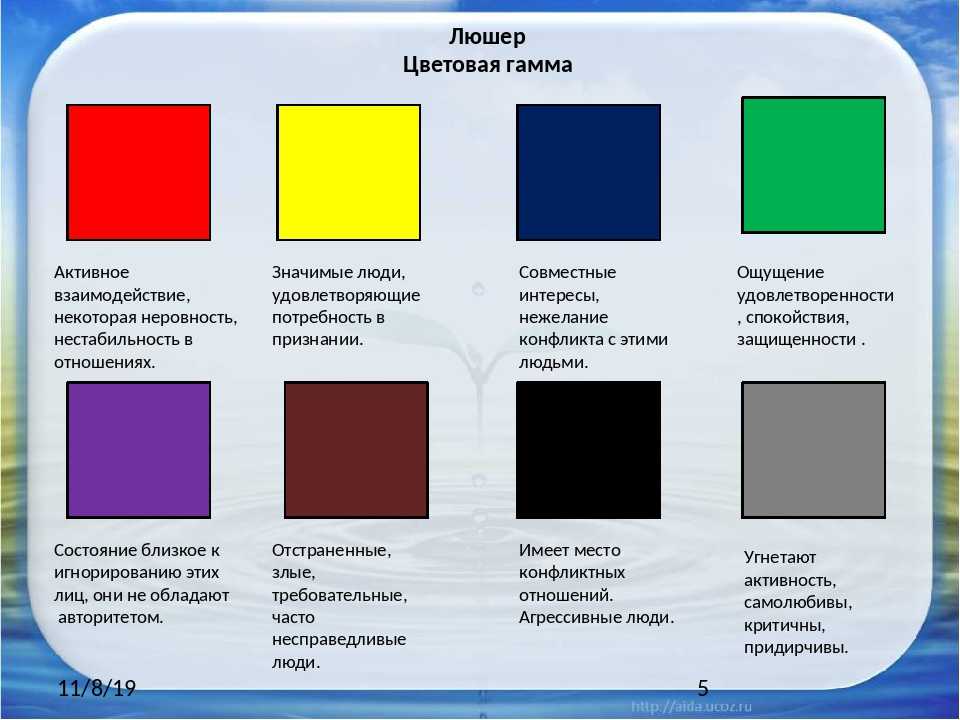
-
Critical Thinking Score: is used to evaluate candidates for positions that require objective decision-making based on analysis. For example, analysts, executives, data scientists, managers, and others. The test is especially useful for the legal, technical and financial sectors.
-
Problem Solving Score: is suitable for jobs that involve dealing with constantly changing variables under tight deadlines. For example, a project manager, planner, logistician, and most sales and management positions require a high level of problem-solving ability. nine0003
-
Verbal Reasoning Test: is recommended for any role that involves understanding and interpreting information. It can be used in the selection of legal, engineering, consulting and leadership positions, as well as public service positions.
-
Mathematical Thinking Score: will measure the candidate's ability to quickly and accurately work with numbers and interpret them.
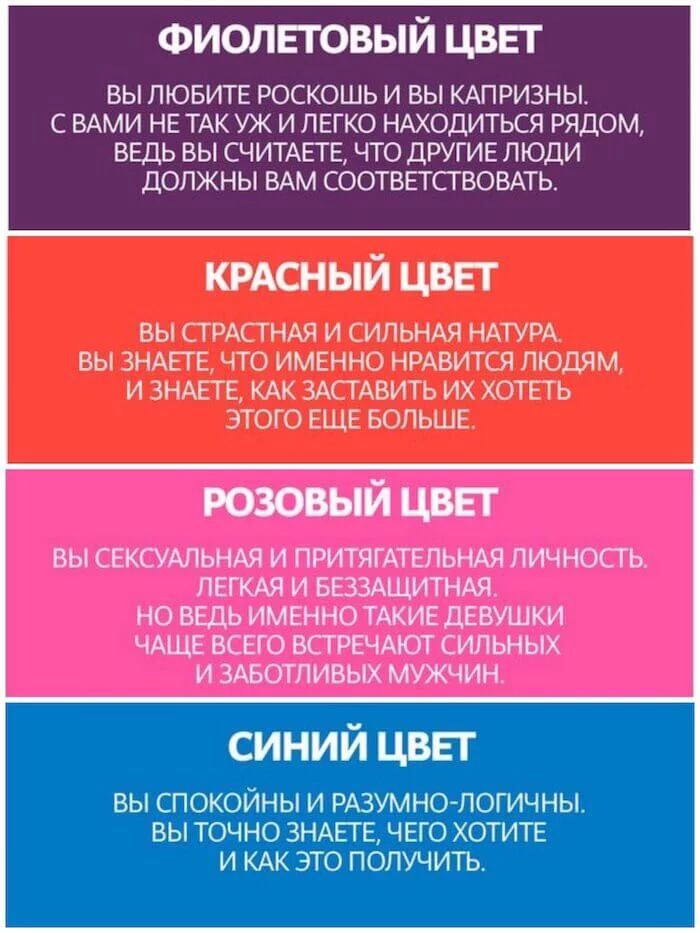 Suitable for evaluating roles related to finance (budgets, forecasts, etc.) or creating and interpreting spreadsheets. nine0003
Suitable for evaluating roles related to finance (budgets, forecasts, etc.) or creating and interpreting spreadsheets. nine0003 -
Follow instructions: Are you hiring entry-level and mid-level employees and wondering if they will get along with the team management? Assessing the candidate's ability to process information correctly and follow instructions will help determine this.
-
Reading Comprehension: is used to screen candidates for roles related to processing, evaluating and reviewing written information. For example, to check editors, managers and analysts. It can also be used for teams that work remotely and mostly communicate via email. nine0003
-
Attention to detail test: is suitable for hiring candidates who can easily recognize elements and process information carefully. This skill is important for roles such as: designers, lab technicians, web designers, production workers.

Personality Tests
Will allow you to assess the personal qualities, attitude and motivation of a person, as well as to understand whether candidates are suitable for the company and the position they are applying for. nine0003
-
Candidate Values Checklist: will help you find out if a candidate's values, beliefs, interests, and behavior are in line with your company's values—the few things that will tell the right person from the wrong person.
-
Enneagram: is a comprehensive system that charts nine different personality types. It will help to assess the candidates' core beliefs, worldview, social role, how they build relationships with their colleagues. nine0003
-
The "Big Five": assesses five key personality dimensions: openness to experience, agreeableness, extraversion, conscientiousness, and neuroticism. Each trait is measured on a scale, and each person is placed somewhere on a continuum of all five scales.

-
DISC: is based on the work of William Marston, the psychologist who created the DISC theory. The focus is on four types of behavior: dominance (D), influence (I), resilience (S), and conscientiousness (C). nine0003
Situation Tests
Assess how job seekers approach and respond to various situations at work. Questions usually consist of job descriptions and respondents are asked to choose their preferred course of action.
-
Negotiation Tasks: is suitable if you are hiring for a position that requires a lot of negotiations with customers, suppliers, business partners. The test assesses the respondent's ability to take control of the discussion and direct it in the right direction, as well as the level of their influence skills and emotional intelligence. nine0003
-
Leadership and People Management Test: will help recruit candidates who can plan and support the development of others, delegate effectively, and build and organize an effective team.
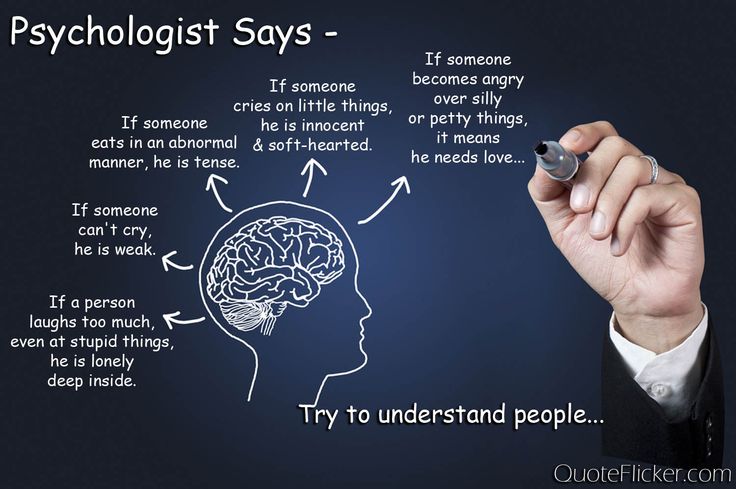
-
Business Ethics and Compliance Score: measures the respondent's ability to avoid conflicts of interest, understand and apply policies, and prevent legal violations. It also assesses their understanding of how ethical issues affect the reputation of a business or individual. Suitable for employees above the average management level. nine0003
-
Time Management Test: measures candidates' ability to plan and prioritize tasks. Suitable for any position that requires strong time management skills.
-
Communication Skills Test: tests the respondent's written and oral communication skills, as well as their ability to interpret non-verbal cues and be an active listener. Suitable for hiring candidates for positions that require teamwork, collaboration and frequent communication. nine0003
Which tests are not suitable for personnel assessment
Projective tasks. For example, the task “house, tree, person”, in which the candidate is asked to draw a picture with the elements indicated in the title. Or the Rorschach test, where a person describes what images he sees in ink blots that are shown to him.
Or the Rorschach test, where a person describes what images he sees in ink blots that are shown to him.
Why are such tasks not suitable? Firstly, their interpretation requires deep knowledge of human psychology, which HR can not always boast of. Secondly, they do not provide an assessment of a person's skills or values, which means they do not carry information about whether a candidate is suitable for a position or not. nine0003
IQ score. This test is no longer relevant, since it is impossible to evaluate and digitize the intellectual potential and logical thinking of a person.
16 personalities. This questionnaire does not carry valuable information for HR - people cannot be strictly one type of personality. It does not take into account the versatility of the manifestation of human nature in different situations.
How to pass a psychological test when applying for a job
What if you need to pass such a survey? Follow 4 steps:
-
Think about job requirements
As the job market becomes more competitive, the hiring process becomes more complex.
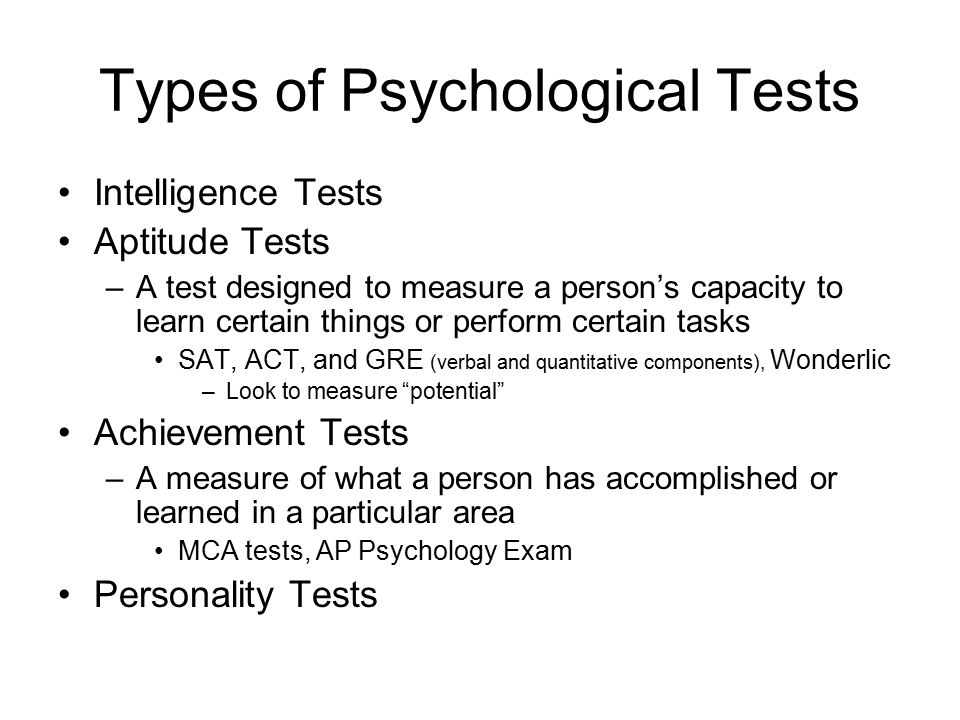 Think about the qualifications required for a particular job. For example, if you are looking for a job as an executive or senior management, interviewers will want to make sure you have strong leadership and communication skills. If you are applying for a police position, candidates are expected to demonstrate the ability to handle high levels of stress and make quick decisions. nine0003
Think about the qualifications required for a particular job. For example, if you are looking for a job as an executive or senior management, interviewers will want to make sure you have strong leadership and communication skills. If you are applying for a police position, candidates are expected to demonstrate the ability to handle high levels of stress and make quick decisions. nine0003 -
Consider personality
Why are you applying for this position? For example, if you applied for a job in sales, you know that part of the income depends on you. Do you have the quality to continually motivate yourself? Think about your character traits, skills before taking questionnaires. This will help prepare you to formulate role-appropriate responses. Also, when taking tests, it is important to strike a balance - be honest about yourself, but not too critical, understanding that you are being evaluated. nine0003
-
Consider the needs of the company
If you are aware of the needs of the company, this is likely to be reflected in your answers on the test.
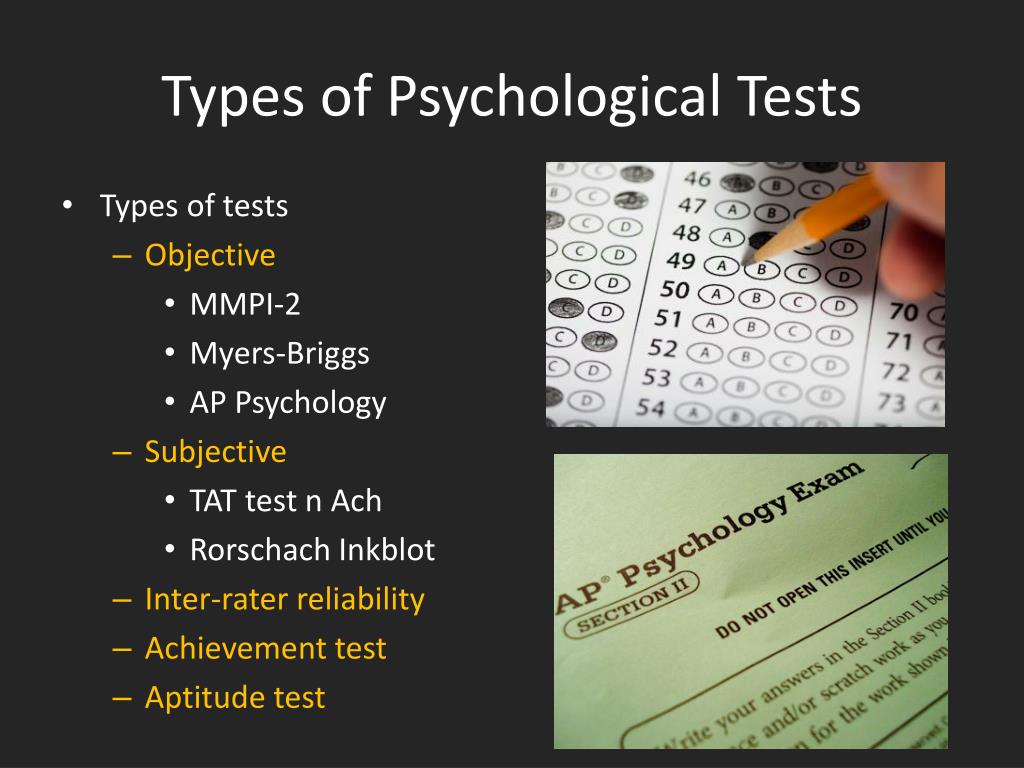 Feel free to ask the recruiter what qualities are most important to them in an employee for this position. This way you can focus your responses on conveying those qualities. The test is a tool that can benefit you too, not just the employer.
Feel free to ask the recruiter what qualities are most important to them in an employee for this position. This way you can focus your responses on conveying those qualities. The test is a tool that can benefit you too, not just the employer. -
Ready for any result
After the testing phase, you may not get a call back or be told that you did not pass the selection. This does not mean that something is wrong with your personality. The employer is simply looking for certain skills, attitudes and values. And somewhere ahead of you, a company is waiting for you, in whose culture you will ideally fit. The main thing is to keep looking. nine0003
When combined with hard skill assessments, psychological questionnaires are a great tool for data-driven hiring and objective evaluation of candidates. They allow you to eliminate bias, get an accurate assessment of candidates' cognitive skills, streamline the hiring process, and gain additional information about applicants.
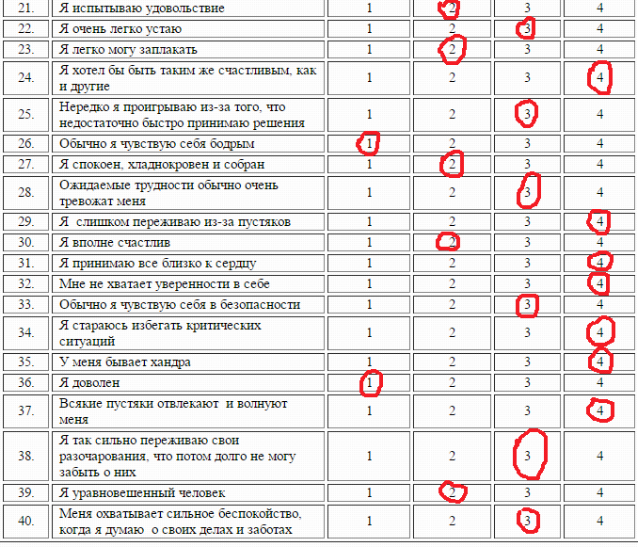
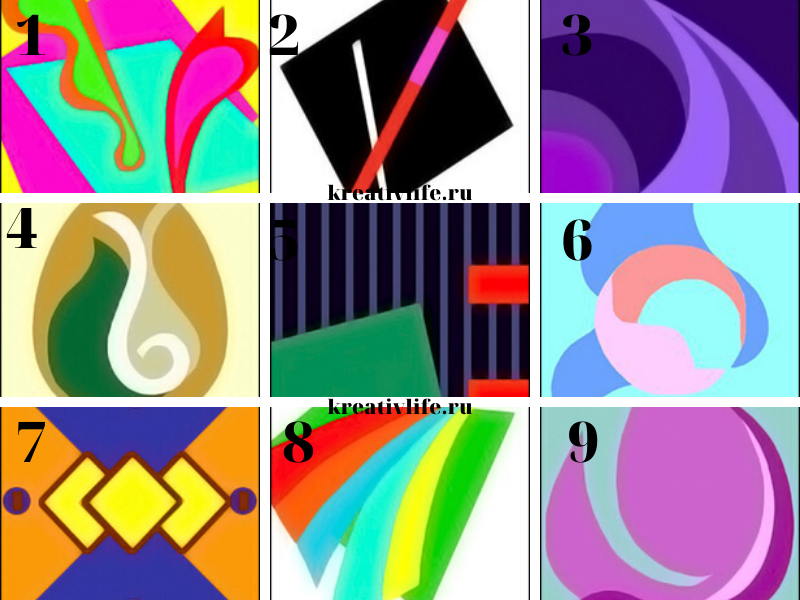 All you need is access to the Internet and the sound enabled on your computer. Please keep in mind that the session may take a few minutes to load.
All you need is access to the Internet and the sound enabled on your computer. Please keep in mind that the session may take a few minutes to load. And a reflection on the legacy that he leaves behind.
And a reflection on the legacy that he leaves behind.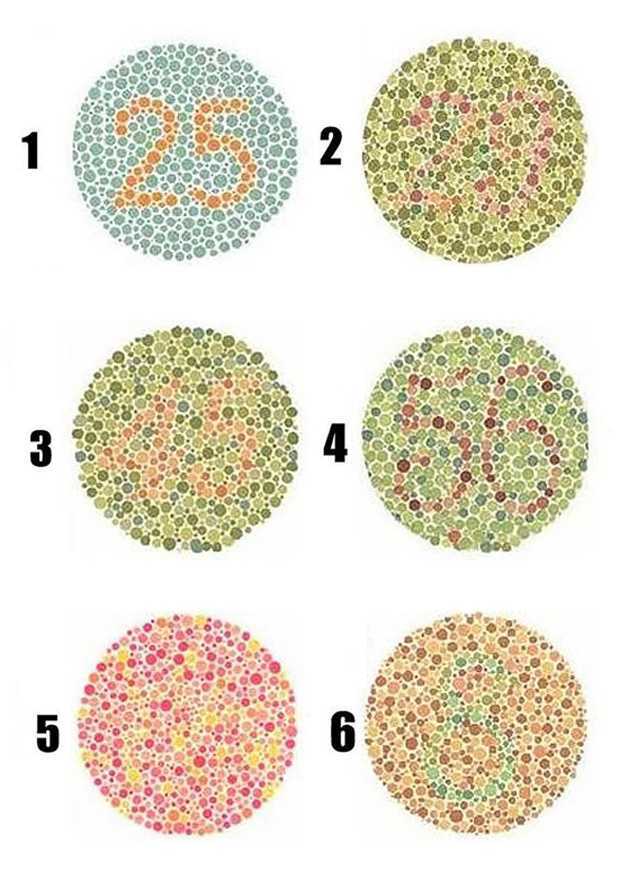
 Note: a subscription to Taylor & Francis Online is required.
Note: a subscription to Taylor & Francis Online is required.
